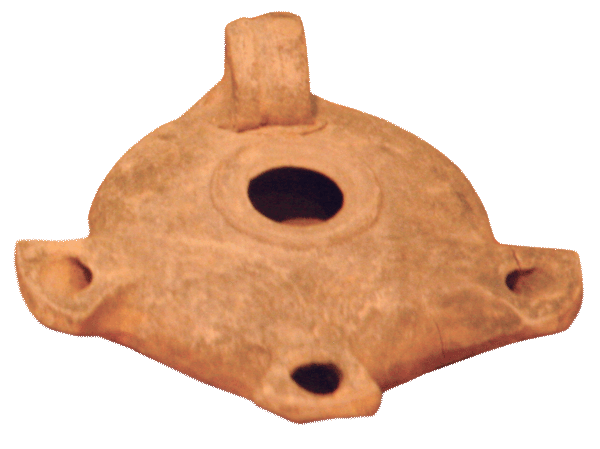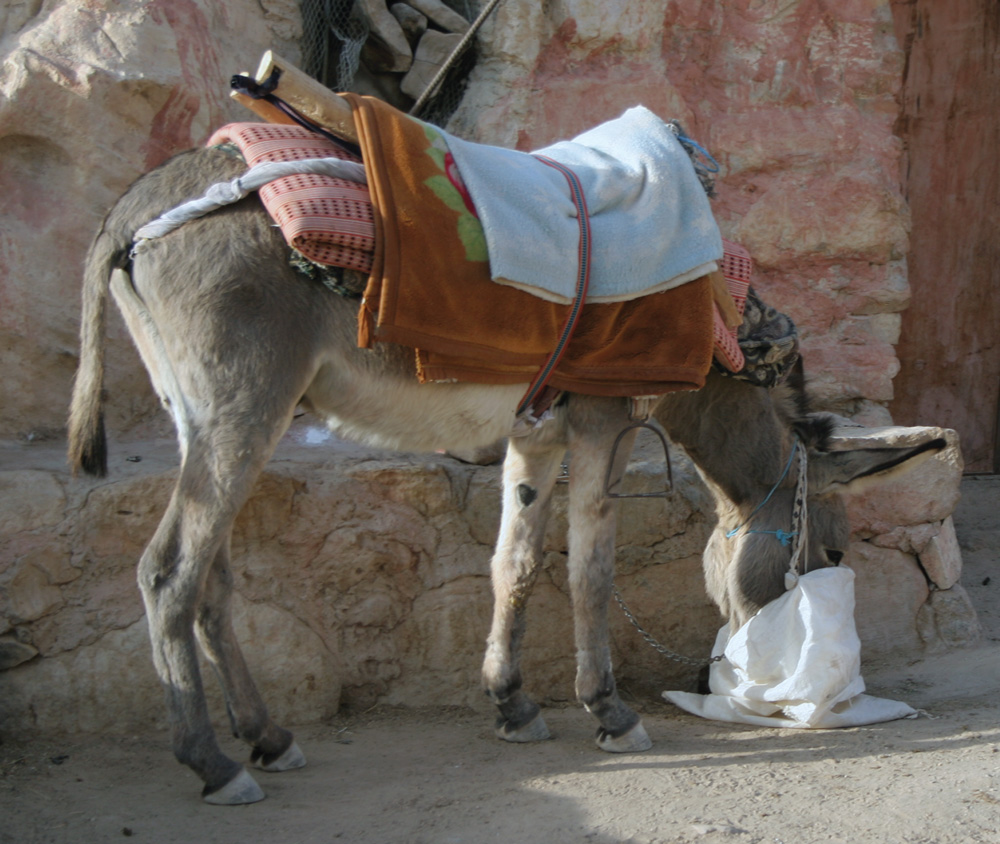Zechariah
Looking to the Future
Central Teaching
Zechariah encourages the returned exiles to rebuild the temple and to keep their hope faithfully focused on the coming Messiah.
Memory Verse

Setting
Zechariah provides us with several precise dates for his ministry, all connected to the reign of Darius, the powerful king of Persia. These dates place Zechariah’s ministry in the years 520–518 BC and make him a contemporary of Haggai. Thus Zechariah speaks to the postexilic situation. The terrible judgment predicted by the preexilic prophets (the Babylonian invasion, the destruction of Jerusalem, and the exile) has come and gone. At least some of the Israelites are back in the land, trying to reestablish the shattered nation. Zechariah’s frequent mention of the Persian king Darius is a reminder that the postexilic situation is not the glorious restoration that was promised by Isaiah, Jeremiah, and the rest of the preexilic prophets; that restoration will be characterized by a powerful Davidic king ruling over Israel with all other nations in subordination.
Like Ezekiel, Zechariah was probably a priest. His name means “the Lord remembers,” which fits very well with the message of the book.

Ancient oil lamp
Message
While most of the prophets stress covenant violation and judgment, Zechariah focuses more on the future, when the Messiah will come and gloriously restore his people (and the nations) to relationship with him. Like Haggai, Zechariah is very concerned with the rebuilding of the temple, but like Ezekiel, Zechariah also points to something bigger and more spectacular beyond the physical temple they are building. Intertwined into this future vision is the presence of God, a constant theme in the prophetic books.
Like many of the other prophetic books, Zechariah addresses the foreign nations. He proclaims judgment on them for their sinful actions but also includes them in his picture of the glorious future, when they will come streaming to Jerusalem to worship God.
Outline
Interesting Features
- Zechariah contains some very unusual visions (such as a flying scroll and a woman in a basket).
- Many of the visions and images in the book of Revelation are connected to Zechariah.
- Zechariah describes the Coming King as riding into Jerusalem on a donkey.
- Zechariah is told that God’s Spirit will empower those who carry out God’s plan.

A modern-day Middle Eastern donkey
Connections
Zechariah is filled with numerous prophetic references to the Messiah—prophecies that were fulfilled by Jesus Christ. This should help to convince us, beyond a shadow of a doubt, that Jesus is indeed the Messiah who was promised by God through the Old Testament prophets. Zechariah also gives us numerous guidelines for our day-to-day lives. He points out that the important accomplishments of life are not achieved by human might or power but by God’s Spirit. Zechariah reminds us of the close association between God’s holiness, his presence, and his power made available to us. In addition, Zechariah echoes the ever-present prophetic theme of social justice, admonishing us: “Administer true justice; show mercy and compassion to one another. Do not oppress the widow or the fatherless, the foreigner or the poor” (7:9–10).